Political Systems and Freedom
Hi Everyone,
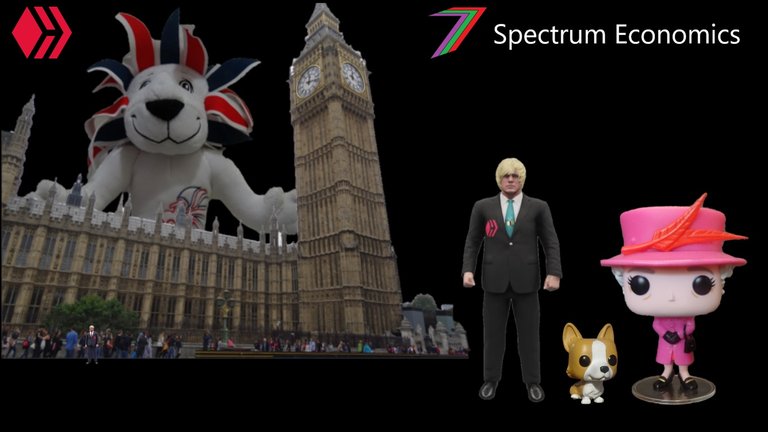
The political system defines the process for making official government decisions. It usually comprises the governmental legal and economic system, social and cultural system, and other state and government specific systems (Wikipedia). People’s freedom is greatly influenced by their country’s political systems as well as how these political systems are applied. As the size of Governments grows so does their potential threat to freedom. In this post, I focus on the political systems of western countries. I consider how these systems affect freedom.
Types of Political Systems
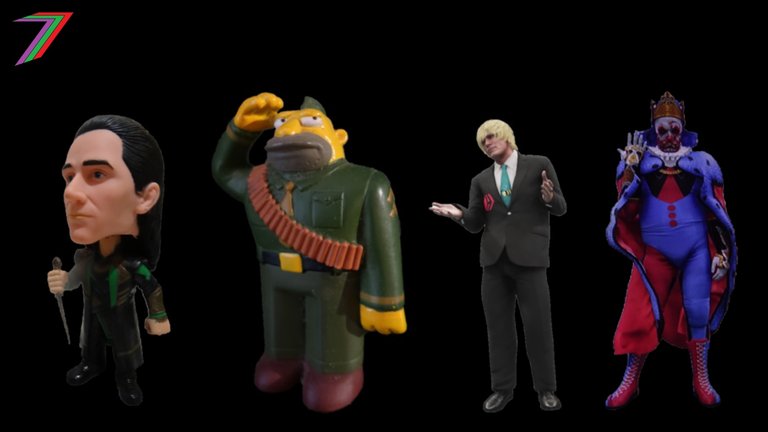
There are many possible political systems. Some of these are as follows:
- Direct Democracy
- Representative Democracy
- Republic
- Oligarchy
- Monarchy
- Theocracy
- Totalitarian
Political systems that are not democratic or ever claimed to be offer little in regards to freedom. They are run by groups of powerful individuals who often claim to be superior to people outside of their structure. They claim this because they have been chosen by god/s (e.g. theocracy) or because of a special birthright based on family bloodlines (e.g. monarchy). Some leaders take power through force such as a military takeover. They rule because people are afraid to resist them. Some take power through charisma and manipulation. They are able to convince people of their superiority; therefore, they should have uncontested leadership and control. If people have no say in how there society is governed, freedom cannot exist.
Arguably, societies with democratic political systems should offer more freedom to its people. Increased democracy enables more people to have a say in decision-making. Of the above-mentioned political systems, direct democracy provides the most opportunity for a highly democratic decision-making process. People are enabled to have a direct input on decisions. However, direct democracy does not exist in its purest form. The Swiss political system is closest to a functioning direct democracy but they only have around 4 referendums in a year and only about a dozen initiatives are voted upon (Quora). Therefore, the Swiss system should be fundamentally considered a representative democracy. A full direct democracy is impractical because of the resources (e.g. time and money) required to make decisions. Therefore, referendums are reserved for decisions deemed most significant by the public.
Most representative democracies and republics rarely conduct referendums. Instead, Legislative and Executive Branches of Government make these decisions. Normally, both Legislative and Executive Branches of Governments are elected. However, this process is conducted differently in different countries. For example, in the USA, the Executive Branch is run by the President who is Head of Government, Head of State, and Commander-in-Chief of the armed forced. The president is elected every four years. The Legislative Branch is split between the House and the Senate. Members of the House are elected every two years and members of the Senate are elected every 6 years with approximately 1/3 elected every two years. For example, in the UK, the Executive Branch and part of the Legislative Branch (House of Commons) are elected at the same time. Elections are intended to occur every 5 years but they can be brought forward. The Executive Branch (UK Government) are also part of the Legislative Branch (UK Parliament), members of the House of Lords (other part of the Legislative Branch) are appointed instead of elected. The Head of State and Commander-in-Chief is the Monarch (i.e. King or Queen).
Separation of Powers
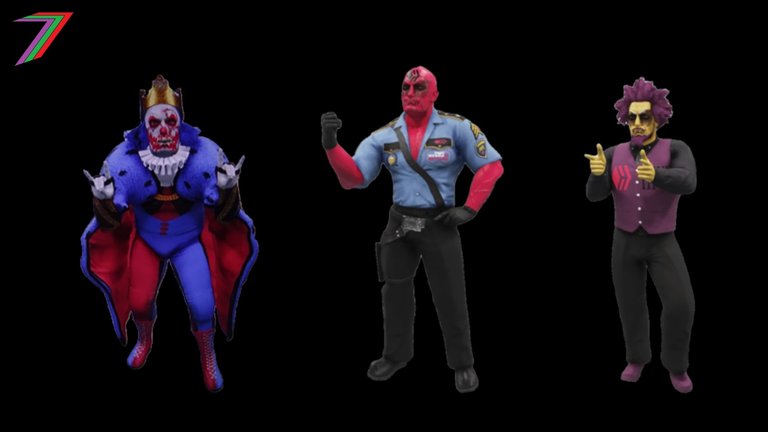
In terms of structure, it would appear the US political system has greater separation of powers than the UK system. Members of the Senate, the House, and the Presidency are determined in different elections and often at different times. This should spread power across many different people as well as reduce strong sentiments that might be present at a particular time. This does not work particularly well. This is because the US is a two-party system that runs across both the Legislative and Executive Branches. If one-party controls both the Legislative (House and Senate) and Executive Branches, Government action can be made with close to no impediment and little scrutiny. If one-party controls the Legislative Branch and the other the Executive Branch, Government action can be greatly limited (e.g. bills blocked and policies not funded). This is not due to greater scrutiny of actions. It is because representatives and senators typically vote based on party politics.
In the UK system, separation of powers is very limited. UK is fundamentally a two-party system (i.e. Conservatives and Labour) with minimal representation from smaller parties such as the Scottish National Party, and Liberal Democrats Party. It is only realistically possible for either the Conservative or Labour Party to form Government. This will occur as an outright majority (more than 50% of the seats) or as a coalition with one or more of the minor parties. If a party has an outright majority that party has control over the Executive Branch as the Government and Legislative Branch by holding more than 50% of the seats in parliament with their members of parliament pressured into voting with the Government. As a coalition, the Government may not be able to control the Legislative Branch as they do not have more than 50% of the seats in parliament and will need to rely on both 100% support from their own the party as well as continued support from the parties in the coalition. If the Government are unable to do so, the opposition party could block legislation based on party politics.
The House of Lords are another chamber of the Legislative Branch. However, they have limited power. They can delay but not block legislation. Legislation also requires royal assent (i.e. approval by the Monarch). This is treated as a formality. For centuries, all legislation has been signed off by the Monarch but, in theory, it could be blocked. The British Monarch is Head of State of over a dozen other countries and is represented by each country’s Governor-General who typically gives royal assent to legislation.
Democracy and Freedom
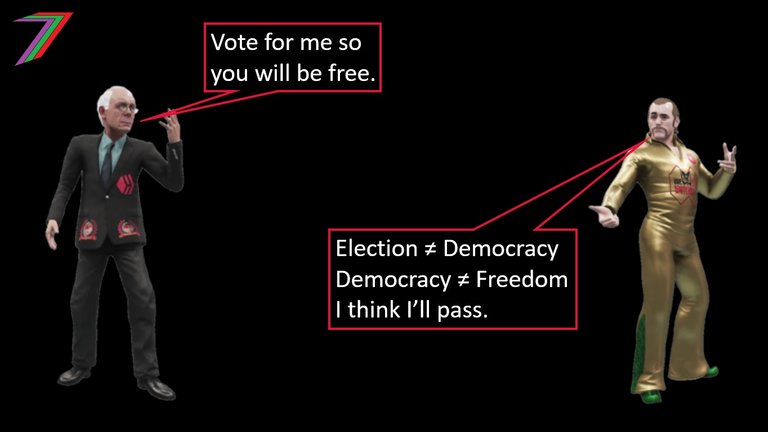
Existing democracies are representative democracies. At best, people have a direct voice through elections (somewhere between every 2 to 6 years depending on the office and/or the country) and an indirect voice through elected officials. People have no direct say in policy making or legislation. Instead, they need to trust elected officials to keep promises and to honestly represent them. People can unofficially respond through peaceful protests, opinion polls, and the media. These actions plus the potential loss of votes could be sufficient incentive for elected officials to honour their duty to represent the majority who elected them.
For the best case scenario, for democracy to enable freedom several important conditions need to be in place. The people need to be well informed regarding their elected officials proposed actions and the most likely consequences of these proposed actions. The system needs to be sufficiently decentralised so that the needs of smaller communities and minority groups can be addressed without negatively impacting the majority (e.g. local officials need to have sufficient authority to respond to their community). Elected officials need to have sufficient visibility and contact with the people to adequately obtain feedback and input. People not holding office (e.g. opposition candidates) need to have sufficient visibility to challenge elected officials, to scrutinise their actions as well as show consideration for voters of the losing candidates.
Democracy could support freedom but there is a significant amount of trust required to hold everything in place. Elected officials need to be trusted to do as they claim. Opposition need to be trusted to hold them to account. Media need to be trusted to enable transparency as well as help represent the grievances of the people. This trust needs to occur at all levels with the greatest trust required of those at the highest and most centralised areas in Government. Trust can be broken at any time. If freedom is based on trust, it becomes very fragile. To protect this fragility, freedom may come with conditions. As these conditions increase, freedom diminishes and may disappear altogether.
Even under the best case scenario, democracy does not guarantee freedom. We do not live in a world where this best case scenario is prevalent. Elected officials, opposition, media, etc. can rarely be trusted. They have secured themselves in a system (two-party or resulting in akin to two-party) that enables them to mislead and deceive the people while rarely facing any consequences.
Freedom lost because of over dependence on trust has broader consequences. If we cannot trust elected officials to value our freedom, we cannot trust them to care about our interests in other areas. A lack of freedom prevents us from protecting our own interests. Thus, putting us at the mercy of elected officials who have already betrayed our trust. Representative democracy supports a system of them (elected officials and the broader establishment) versus us (majority of people). Their goals and our goals are rarely congruent but their goals are prioritised as they run the system; they preserve this by creating the illusion that the system works for us.
To overcome the threat that representative democracy presents in its current form we need to remove the need for trust. We need a system where trust is not necessary. A system where people can act in their best interest with minimal impingement on others. A system where putting our own self-interest first can align with maintaining and respecting the interests of others.
More posts

If you want to read any of my other posts, you can click on the links below. These links will lead you to posts containing my collection of works. These 'Collection of Works' posts have been updated to contain links to the Hive versions of my posts.
Hive: Future of Social Media
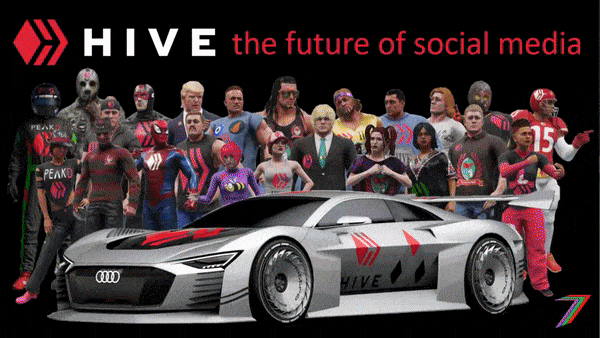
Spectrumecons on the Hive blockchain
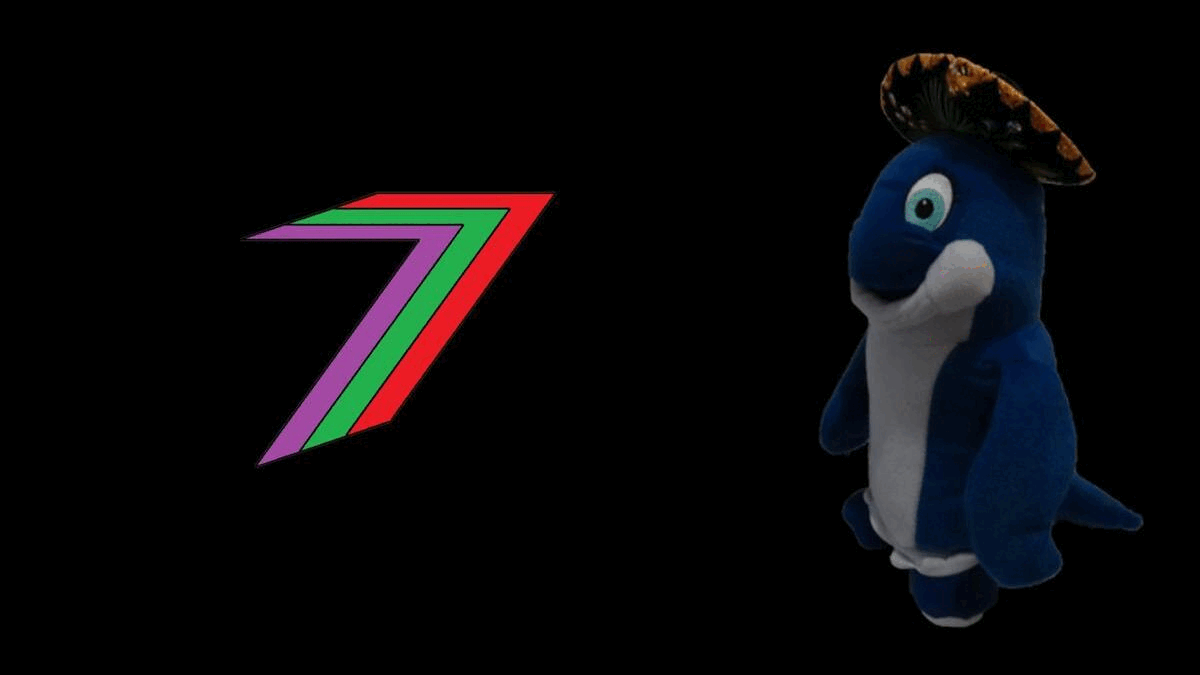




Democracy is oligarchy with just enough of a veneer of popular support to maintain an illusion of legitimacy. If it worked as advertised, it would still be a disaster because the bandwagon fallacy is not a process for progress.
That sums it up pretty well. Seems like things are unraveling for them. Covid-19 and the Ukraine war feel like desperate attempts to take more power before their structure collapses.
Congratulations @spectrumecons! You have completed the following achievement on the Hive blockchain and have been rewarded with new badge(s):
Your next target is to reach 72000 upvotes.
You can view your badges on your board and compare yourself to others in the Ranking
If you no longer want to receive notifications, reply to this comment with the word
STOPCheck out the last post from @hivebuzz:
@spectrumecons, this comment has been manually curated with LUV
Congratulations @spectrumecons! You received a personal badge!
You can view your badges on your board and compare yourself to others in the Ranking
Check out the last post from @hivebuzz:
Even trusted individuals sometimes betray the trust of people as soon as they assume power. Such is the case of my country and has been going on and on for the past 24 years.
In the end, democracy isn't really democracy but a means to an end for whoever assumes power. - freedom isn't guaranteed.